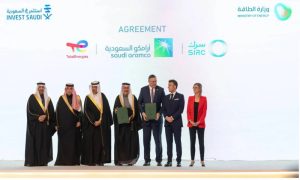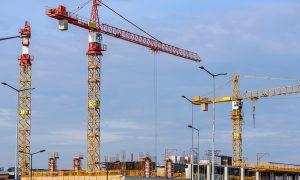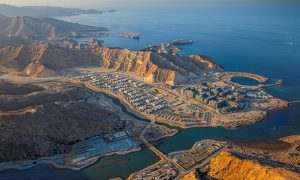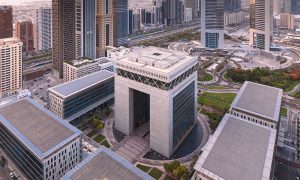“There should be no place for wage discrepancies, through gender, nationality, or age discrimination”
Despite legislation being introduced in several countries in the Middle East in 2020, gender and ethnic pay parity continues to be a challenge in the regional built environment
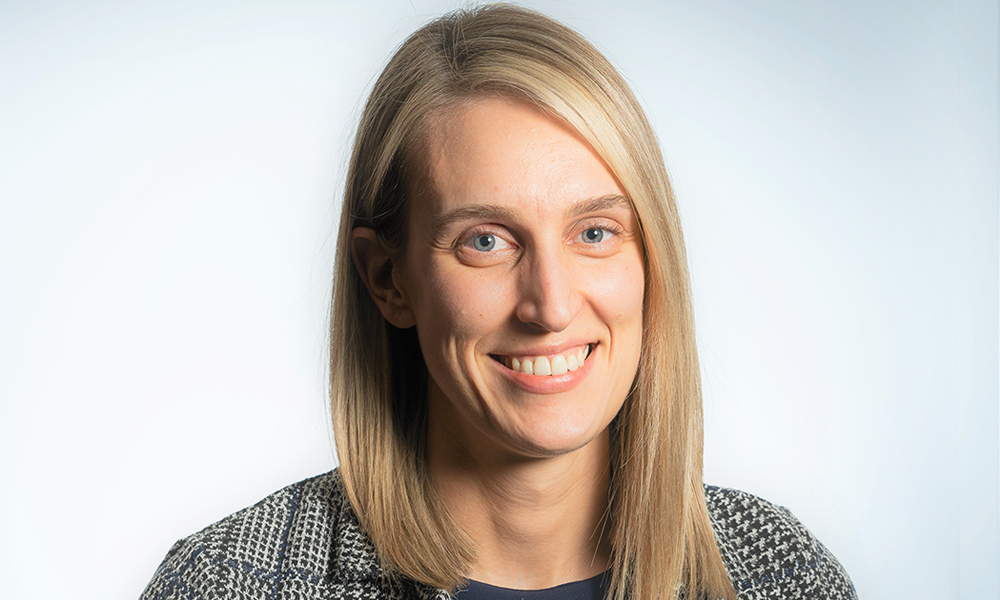
Equal pay in the built environment has become a hot topic in the Middle East in recent years, with increasing focus being shone on the issue in a bid to ensure unfair practices are stamped out. Discussing whether the industry can self-correct or if governments will have to get more involved, Rachel Willacy, Regional Head of Procurement at Compass says that it is the responsibility of both government and companies to ensure pay parity.
Discussing the issue with Middle East Construction News (MECN) exclusively, Willacy shares, “Companies and governments should work together to ensure equal pay for equal work. In an ideal world, more companies would step forward and take on responsibility for ensuring equal pay and opportunities, but in reality, it is legislation that is needed in order to really accelerate progress towards equality.”
“The government, as a policy maker, source of finance, an employer, and a convener of stakeholders, holds significant accountability in addressing diversity gaps and creating an inclusive workplace,” she adds.
Willacy will be participating in Middle East Consultant’s 2022 Women in Construction Summit on 25 October in Dubai at the Crowne Plaza Hotel Sheikh Zayed Road. Registration is complementary but mandatory for industry professionals. The 2022 edition will be shining a light on a number of issues including equal pay, removing unconscious bias, C-Suite realities, and more. Read the full agenda by clicking here.

The movement to boost gender equality and pay parity in the Middle East was given significant support in 2020, when labor laws in the UAE, Saudi Arabia, Bahrain and Qatar were updated to bridge the pay gap between men and women. According to a Baker McKenzie, updates were issued in relation to: prohibiting discrimination, whether in pay or otherwise, between male and female employees who carry out the same job in the UAE, Saudi Arabia and Bahrain; introducing paternity leave in the UAE, and granting female workers in Saudi Arabia further rights in the workplace (including working in hazardous workplaces and at night).
Despite this legislation being introduced in several countries in the region in 2020, gender and ethnic pay parity continues to be a challenge in the regional built environment, MECN can confirm.
In a pay disparity opinion piece shared exclusively with MECN in June 2022, HKA’s Nurul Sabri stated, “For women working in the industry, especially ethnic minority women, the challenges are even more acute. Not only is there a gender pay gap affecting women but in addition, ethnic minority women in the region are also subjected to alternate pay structures based on their ethnicity or race.”
Sabri continued, “The topic of pay disparity by ethnicity is not uncommon in the UK and US and has been widely discussed. It represents the unfair divergence between the pay of different groups of people by demographic characteristics. In my opinion, addressing not only the gender pay disparity, but also the ethnicity pay disparity, is key to fostering an equal and inclusive working environment.”
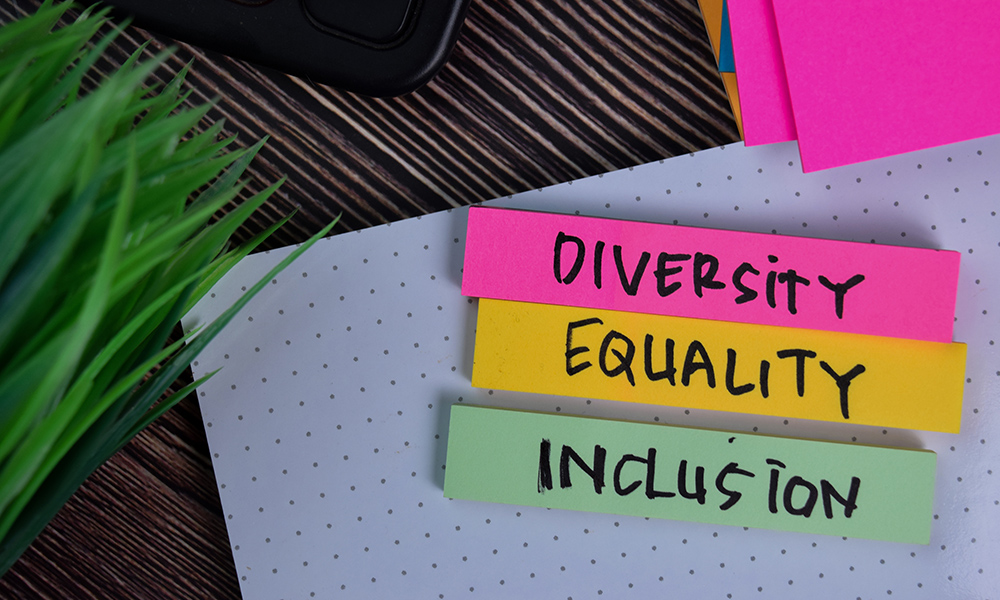
In its ‘Six surprising facts about the global gender pay gap’ report, which was released in March 2022, the World Economic Forum said: “In its index of 156 countries, the Forum finds progress on closing the gender gap is painfully slow. In fact, based on the current trajectory, women are 267.6 years away from gender parity in the area of economic participation and opportunity – which includes equal pay.”
The report did note however that “signs of progress on gender pay are emerging” and cited several positive examples.
Asked about what an individual can do if they discover they are being paid unfairly compared to a colleague at the same grade/level, Willacy comments, “There should be no place for wage discrepancies, through gender, nationality, or age discrimination. Salaries should be dependent on ability and the value one’s experiences bring to the table in adding overall benefit to the company.”
She advises, “When you are considering whether you’re being paid fairly, it’s important to take an objective look at your comparatives. Comparing your background to theirs and their experience, length of service and duties undertaken will help to understand where you stand. Researching market benchmarks will put the value of your role into perspective. Then, have a transparent conversation with your HR or line manager about how much you bring to the company demonstrating why your skills and hard work are worth rewarding.”

Shifting gears and discussing whether the built environment has made progress with regards to driving greater diversity and inclusion compared to pre-pandemic times, particularly at the C-suite level, she says, “Many countries within the GCC have been encouraging diversity and inclusion (D&I) for a while now, and I believe we have been and are experiencing positive shifts in reaching equality. While some companies have been creative in carving out new positions or offering flexible benefits that support a greater breadth of D&I, there is still a lot more than needs to be done, throughout the entirety of an organisation.”
“I’m glad to see how the conversation has shifted from gender balance to true diversity and inclusion, in order to create an all-embracing environment that welcomes everyone’s voice. It is so important to treat all people fairly and with respect. This being said, even though the Middle East has a rich cultural footprint, there is still a way to go in broad representation within c-suites and leadership.”
Discussing key D&I issues that construction companies have yet to tackle, Willacy states, “Mentorship and development initiatives should play an important role in supporting talented individuals through their career trajectory, creating the leaders of tomorrow, easing succession planning, and enabling those who want to and can do, to do.”
She concludes, “I look forward to the day – in our own industry, but all others too – where no inequality exists in terms of gender, race, ethnicity, or nationality.”









